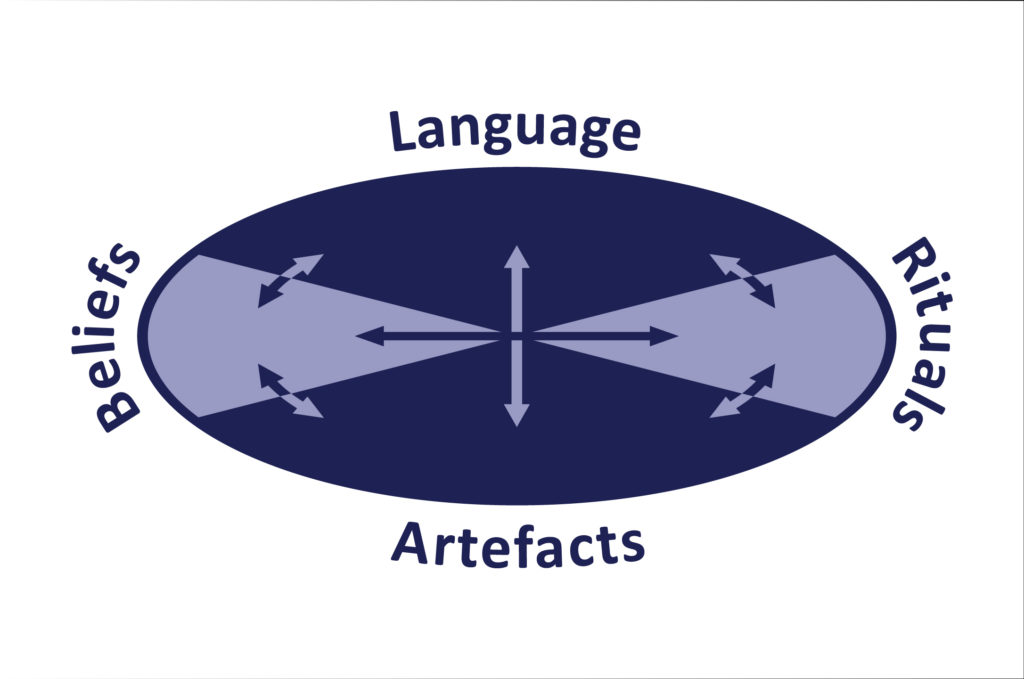
There’s a lot of talk about improving safety cultures, and organisational cultures in general, by ‘empowering’ staff. After all, they are at the front line, they know what’s working and what isn’t, what would work and how to be safer, if only they could do something about it.
“Empower them” … sounds great but what does this really mean? In reality it means different things to different people, be the leaders, managers or supervisors who have to ‘do’ the empowering.
I was recently with a group of directors who had decided to set some near miss targets for their staff. I asked each director what they meant by a near miss and five directors later we had five differing answers, so how on earth were the staff expected to understand what was meant if the directors couldn’t communicate effectively exactly what was meant?

Communication (Language) is one of the four areas of a culture that we focus on (along with Beliefs, Behaviours and Artefacts – the environment and tools etc.) and to empower anyone means they have to understand exactly what you mean, which, means you, as a leader, have to understand exactly what you mean and communicate that effectively.
So, if you really want the benefits that empowerment can bring then you have to mean it. That means letting go of your perceived power as a manager, stop micro managing, give the staff freedom to think, act and do without the fear of recriminations. Just telling someone they are empowered doesn’t make it true! The staff will not be willing to be empowered and ready to accept greater responsibility and accountability if there is no ‘just culture’ i.e. there has to be a culture of no reprisals or adverse responses for trying. Of course, empowered individuals and teams also have to accept that they now have greater responsibility for their own decisions and actions which ultimately impacts on their performance but wow, if they have an influence on it you can bet they will be trying!
Empowerment is really a leadership choice – If you’re one of Tannenbaum and Schmidt’s Theory X leadership teams there is no chance this will work, it’s not about abdicating responsibility, it’s about Trust.
Trust your people and you will see the benefits of an engaged and motivated team, working to a common goal and even giving you the famous “discretionary effort” (it’s never a given). You then get what I feel is the ‘Holy Trinity’ of organisational cultural improvement programmes – collaboration, innovation and of course, organisational sustainability.
By Kevin Hard
